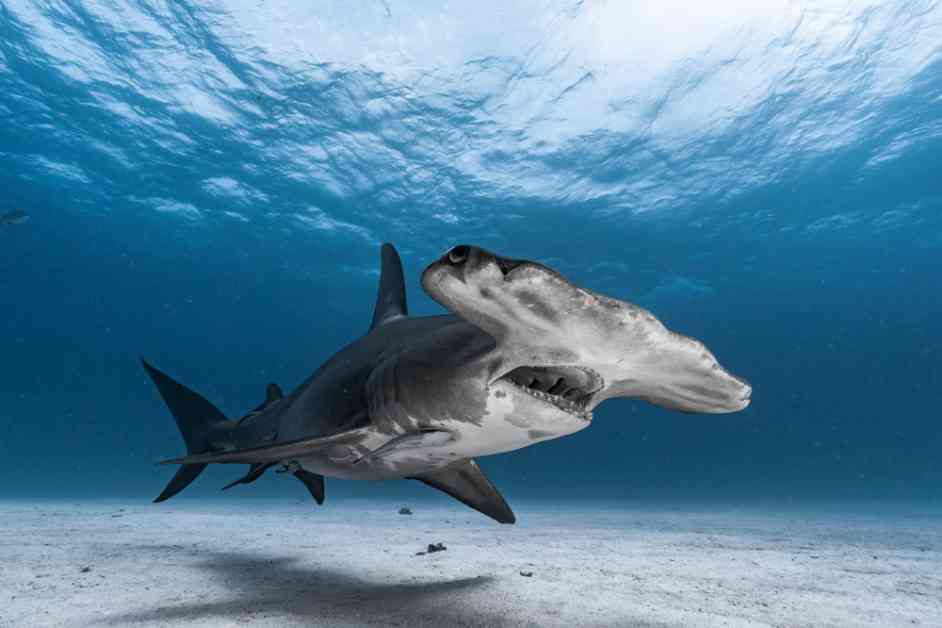A hammerhead shark less than one meter long swims frantically in a plastic container aboard a boat in the Sanquianga National Natural Park, off Colombia’s Pacific coast. Marine biologist Diego Cardeñosa of Florida International University, along with local fishermen, has just captured the shark and implanted it with an acoustic marker before quickly returning it to the murky waters. A series of receivers will help to track its movements for a year, to map the coordinates of its habitat — valuable information for its protection.
Sharks are under threat for several reasons. The demand for their fins to supply the mainly Asian market is a very lucrative business. Between 2012 and 2019, it generated $1.5 billion. This, along with their inclusion in bycatch and the growing market for shark meat, leads to the death of millions every year. In 2019 alone, the estimated total killed was at least 80 million sharks, 25 million of which were endangered species.
Despite legislation designed to protect them, sharks continue to face a complicated future. Tools like the Convention on International Trade in Endangered Species of Wild Fauna and Flora (CITES) offer protection to various species, including sharks. However, researchers have worked on developing tests that can easily identify which species of sharks are being traded and determine whether protected species continue to be exploited.
Genetic analysis allows scientists to identify the species being traded and track their geographic origin. This information is crucial in determining which marine areas should be under protection. Coastal sharks, including those living among coral reefs, are especially important to monitor as they show specific behaviors that could benefit from protective legislation at the national level.
The Global FinPrint project is a global survey of sharks that inhabit coral reefs, aimed at monitoring the status of sharks and rays in various marine areas. Scientists are moderately optimistic about the future of sharks on a global scale, as long as science, public opinion, legislation, and enforcement work together to protect these vital marine animals.
Conserving sharks is crucial not only for maintaining the balance of marine ecosystems but also for preserving these primordial beings that have been navigating the oceans for millions of years. Sharks play a crucial role in the carbon cycle and the balance of plant life in the oceans. Therefore, efforts to protect and conserve them are essential for the health of our oceans and the planet as a whole.






